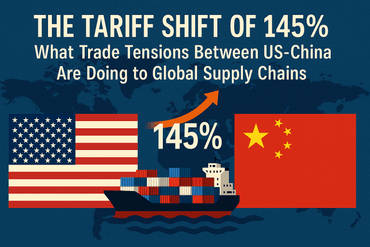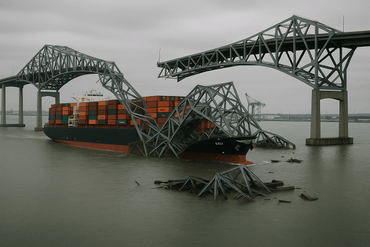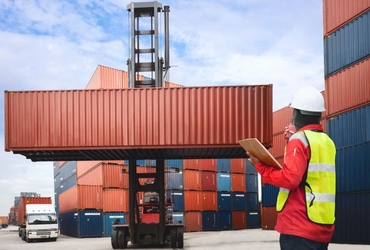
Carrier Schedule Reliability



Ocean freight carrier schedule reliability
In the ocean freight industry, it’s always good advice to anticipate the unanticipated as the complex logistics industry isn’t short of its hiccups.
That said, there are aspects of shipping that are simply beyond your control. This includes the carriers’ schedule reliability, which is what we’ll be addressing in this post.
Just recently, SeaIntel named Hong Kong’s OOCL as the most reliable carrier, in terms of on-time arrival rate, for the third quarter of 2017. This is followed by Taiwan’s Evergreen and Wan Hai.
Here’s a breakdown of the five most reliable carriers (across all routes) ranked by SeaIntel following their analysis of 18 carriers and over 38,000 vessel arrivals:
- OOCL (83.3%)
- Evergreen (82.5%)
- Wan Hai (82.5%)
- APL (82.3%)
- HMM (82%)
The chart-topping OOCL didn’t come as a surprise to some industry experts, who credited the carrier’s good performance to having invested in IT, which is perhaps a good indication of the importance and urgency to digitalize the shipping industry.
OOCL has traditionally been a carrier with a focus on delivering a higher quality product than its peers. OOCL has been trying to be ahead of the curve with digital innovation for years and were certainly one of the first ones to start actively trying to sell their online services.
Keep in mind the rating is based on carriers arriving at the time they say they will arrive, so a good rating is not just a matter of running an efficient operation of the actual sailing but also of having the data and know how to properly project a realistic schedule.
Klaus Lysdal, VP Sales & Operations, iContainers
On the other end, the three worst carriers are:
Yang Ming (72.9%)
PIL (73%)
UASC (73.1%)
Slight improvement from Q2
There was a slight improvement across all carrier schedules from 74.5% in the second quarter to 74.7% in the third quarter of 2017. But there’s no jumping for joy just yet. This is still more than 10 percentage points below 2016 Q3’s 85.3%.
Analysts were unable to pinpoint the comparatively dreary performance. But some have attributed it possibly to the new alliances formed earlier this year and the disruption from phasing vessels.
Some have also tied the problem to the relatively higher number of cargo in Q3.
It is easier to operate a service on time if it’s underutilized, as you have fewer boxes to load and discharge.
-Alan Murphy, CEO of SeaIntel
Across the transpacific trade, however, there was good news. The average for all carriers reached 80.8%, a 4.3 percentage point increase from the previous quarter.
Here’s a visual look at how carriers are performing with their schedule reliability.
![]()
Importance of schedule reliability
The saying “better late than never”, while true for most, may not apply to the shipping industry. As highlighted in a paper published by Solverminds, an analytics solution company specializing in maritime transport,
Ocean transportation has become a crucial element in organizations’ day to day delivery to their customers. Due to this, schedule reliability has become a pivotal element in any organization’s service delivery. If ocean liners have a low degree of schedule reliability it can result in significant additional costs. This is not only for their customer but also for the shipping lines and significantly undermines their customers’ ability to hold a competitive edge within their respective industries.
The maritime transport sector has often been described as convoluted, and here’s why. Late arrivals don’t simply mean a delay in delivery. It causes additional costs that has a snowballing effect. Extra buffer time must be taken into consideration when dealing with late arrivals. This includes extra warehousing time, increased inventory costs, etc. All this, ultimately leads to unanticipated (or in the event of regular late arrivals, anticipated) delay costs.
Related Articles


